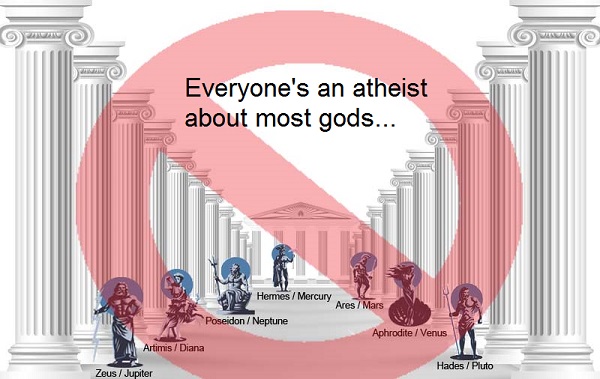Many atheists proclaim themselves to be bastions of reason and logic. They consider themselves to be free thinkers who are correct in their rejection of God. They believe themselves to be superior in their thinking when it comes to matters concerning God. That’s ironic since it can be easily demonstrated that 1. Many atheist claims are illogical and 2. an atheist cannot live consistently within an atheistic worldview. Since many will miss this second point, let me emphasize it by repeating it, atheists cannot live consistently within an atheistic worldview. In fact, no one can live consistently within an atheistic worldview. That is a sign that the atheistic worldview is not true.
Case in point: memes on morality and sin. They are problematic for atheists, though atheists apparently have not realized that yet. Let me explain why. Continue Reading










.jpg)